The explosion of Generative AI models with insane capabilities has ignited the debate on whether AI would really outwit humans someday. No one has the perfect take on whether silicon intelligence can outsmart biological intelligence. However, there is near consensus on the undeniable influence of AI in our lives. AI has permeated almost every industry, causing a seismic shift in how we work, commute, and communicate.
.jpg)
Organizations have recognized the need to equip their workforce with AI skills to stay competitive. A prime example is India's leading software services provider, TCS, which has trained its 350,000 employees in the foundational skills of Generative AI. TCS is not merely testing the waters of AI but is future-proofing its operations with an AI-empowered workforce. Similarly, the transnational IT giant Accenture has been proactive in nurturing its talent in AI, establishing an AI academy in 2020.
It's about time to debunk a common myth that in an AI-first world, robots will rule, and humans will play second fiddle. AI isn't here to steal our jobs; it's here to augment them. According to the World Economic Forum (WEF), AI will create more jobs than it can usurp. The WEF estimates that by 2025, there will be 97 million AI and AI-related jobs created globally, which will contribute $15 trillion to the global GDP. AI's overall economic impact is undeniable- in 2019 alone, it is estimated to have added $2 trillion to global GDP.
AI is poised to revolutionize the job market by automating repetitive tasks and creating new job opportunities. As of February 2023, there were around 45,000 open AI-related jobs. The Indian landscape is especially worth noting as the country is home to 16 per cent of the global talent pool. The key to success in this evolving job market is to repair, prepare, and upskill. It's crucial for workers to continuously improve their skills and adapt to the demands of new technologies.
Now, let's talk turkey. How do we whip our workforce into shape for this AI-led transformation? It's not just about cramming everyone into coding boot camps. It's about fostering a culture of adaptability, continuous learning, and embracing change faster than a toddler slurping ice cream on a hot summer day.
Upskilling and reskilling remain the critical pillars to create an AI-empowered workforce. But change and orientation should kick in early. The journey doesn't start in corporate boardrooms but in the hallowed halls of academia. Integrating AI into education is crucial for preparing future generations to succeed in the modern workforce and drive global innovation. It's about fostering a culture of lifelong learning, adaptability, and innovation—one where students are not just passive recipients of knowledge but active participants in shaping the future.
For building an AI-empowered workforce, companies need to understand what AI can do for their business. The next step is identifying the skills gaps and training opportunities in the workforce. Whether you're a seasoned professional or a freshly minted graduate, the ability to learn new skills on the fly is the name of the game. Having said that, not everyone will need the same level of AI training and upskilling.
No strategy about preparing for an AI-powered future is complete without addressing the elephant in the room- job displacement. It's true that some roles may become obsolete as AI takes on more tasks previously done by humans. But even as an array of jobs are slated to be displaced by AI, new jobs are waiting to be born. From AI ethicists to prompt engineers and compliance specialists, the jobs of the future are as diverse as exciting.
Creating an AI-empowered workforce is like preparing a gourmet meal - it requires a blend of the finest ingredients and a dash of creativity. Education is the foundation where we mould minds not just with technical prowess but also with the finesse of critical thinking and adaptability. It also needs a sprinkling of ethical principles to ensure that the AI workforce knows how to design AI solutions that are both effective and morally sound.
This was first published as an Opinion piece on ET Government.










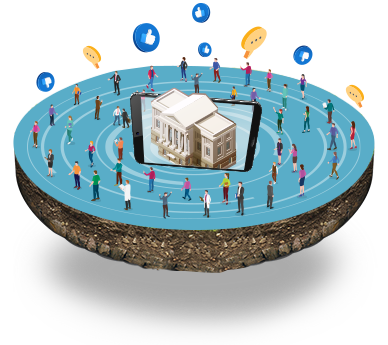

























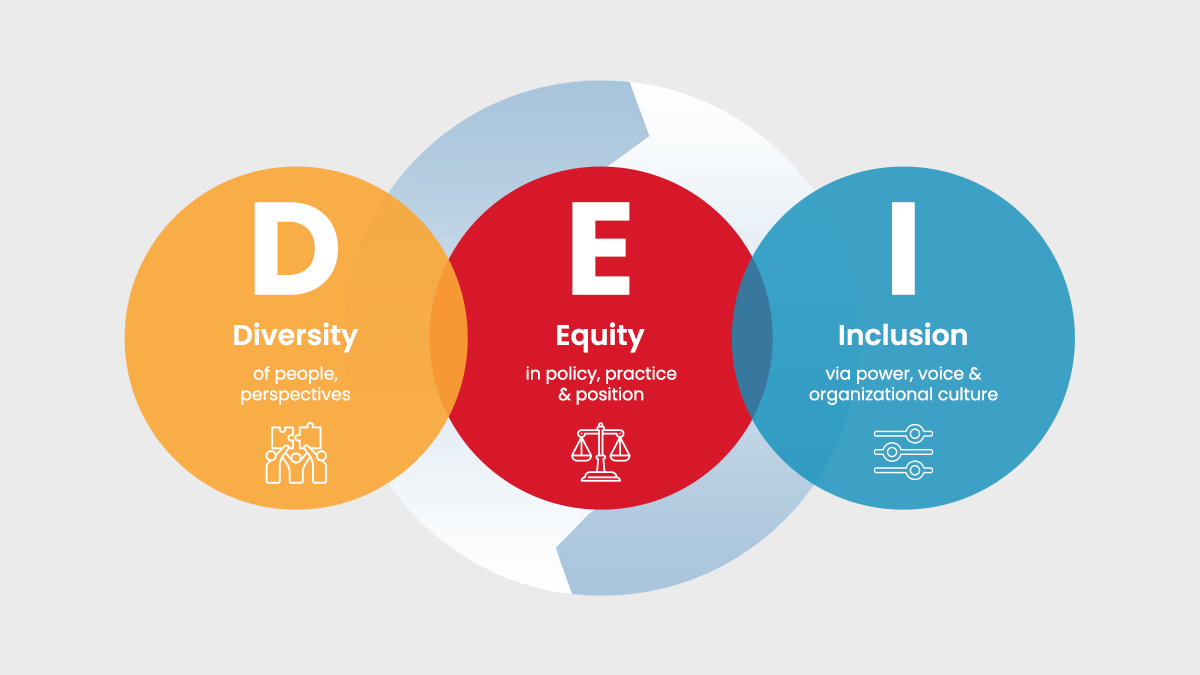
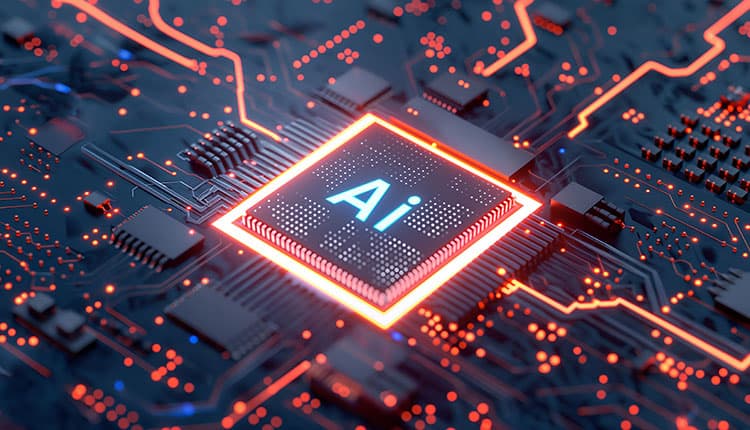

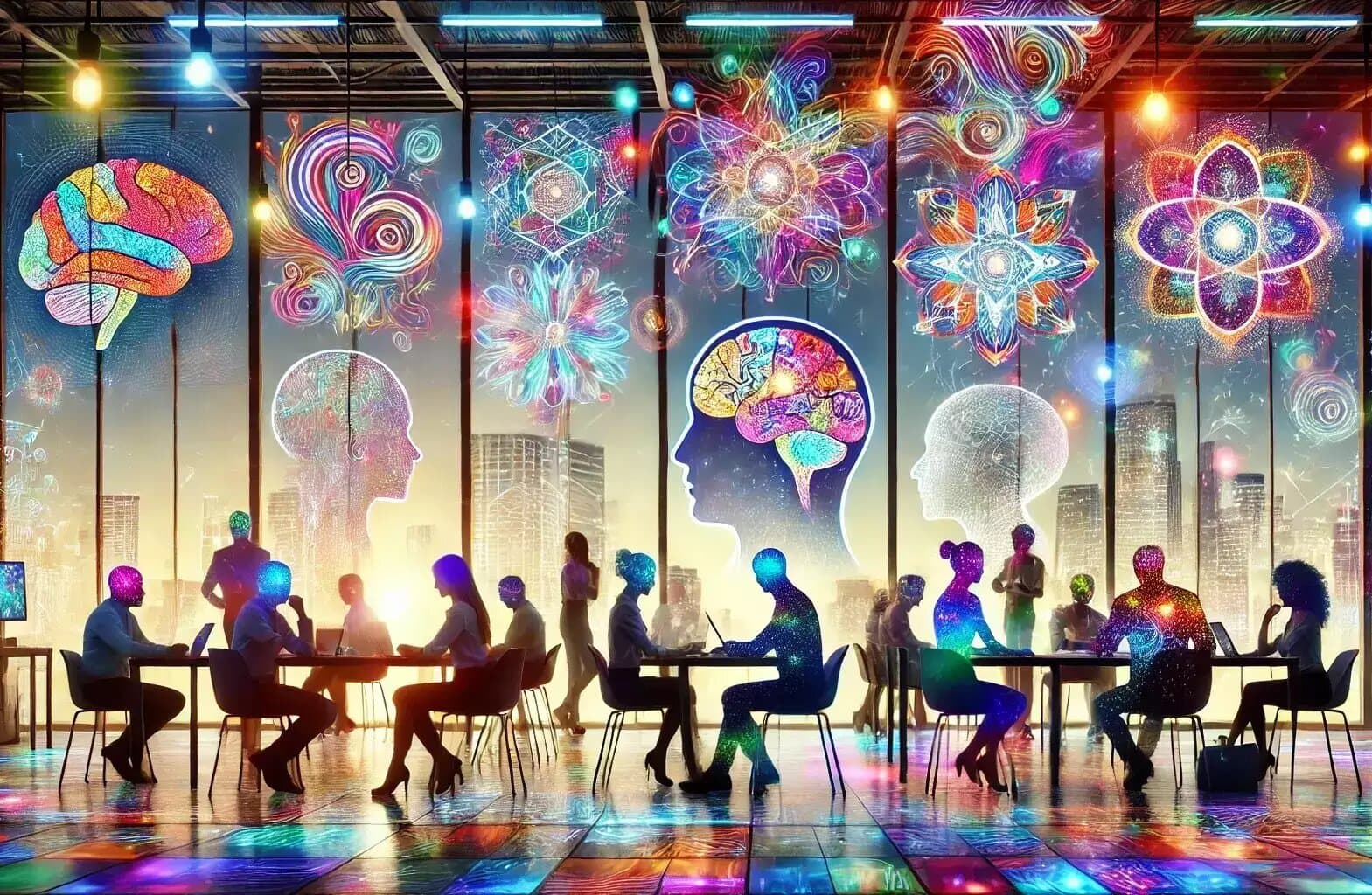
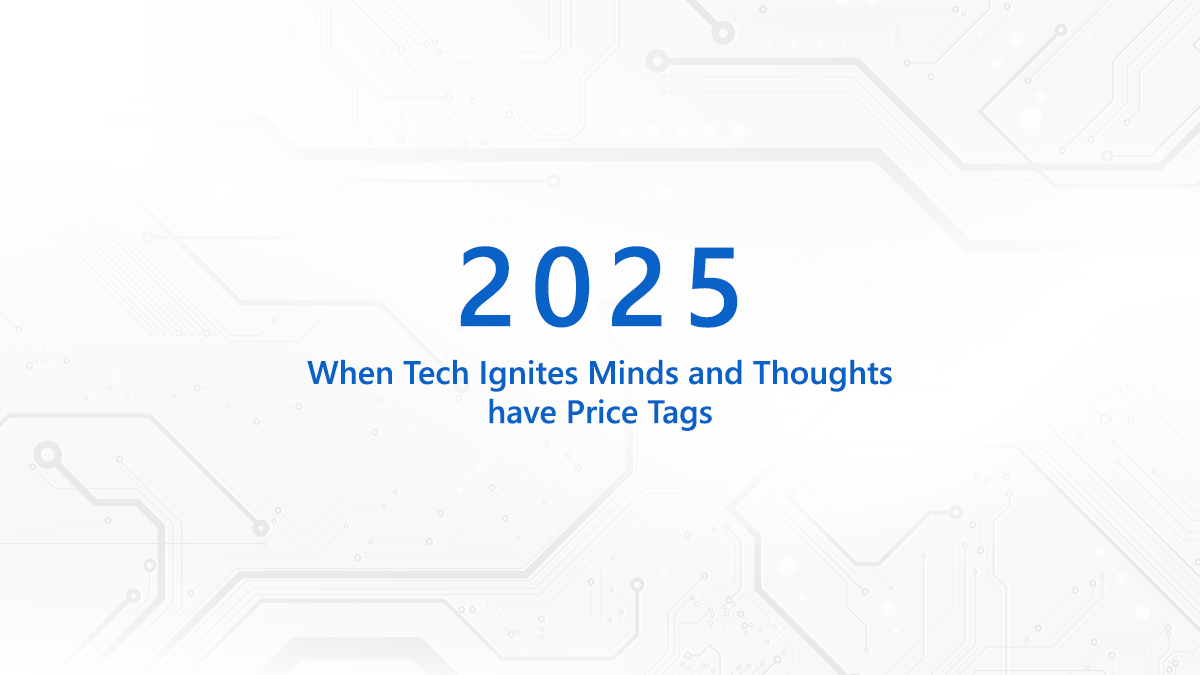
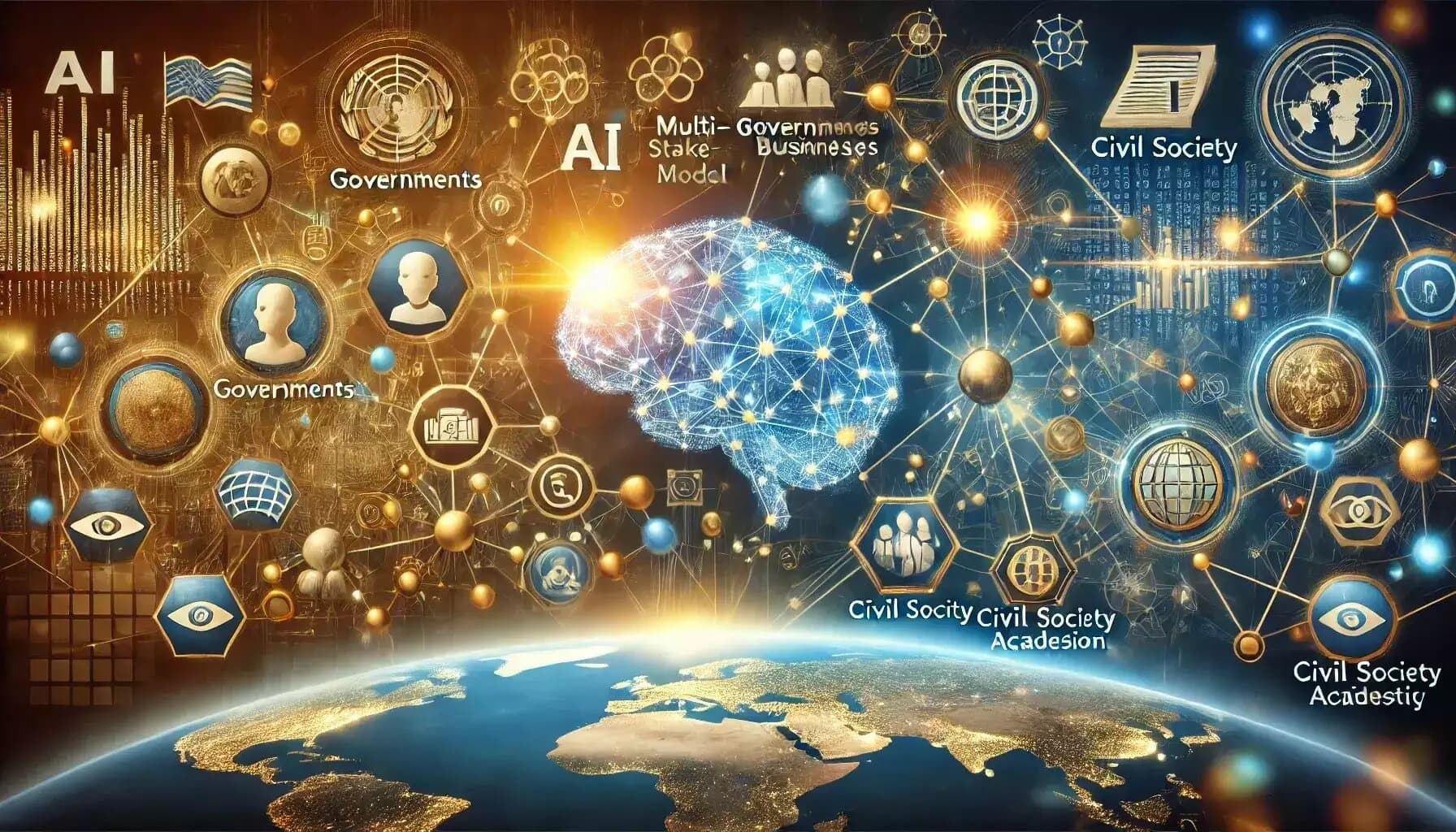

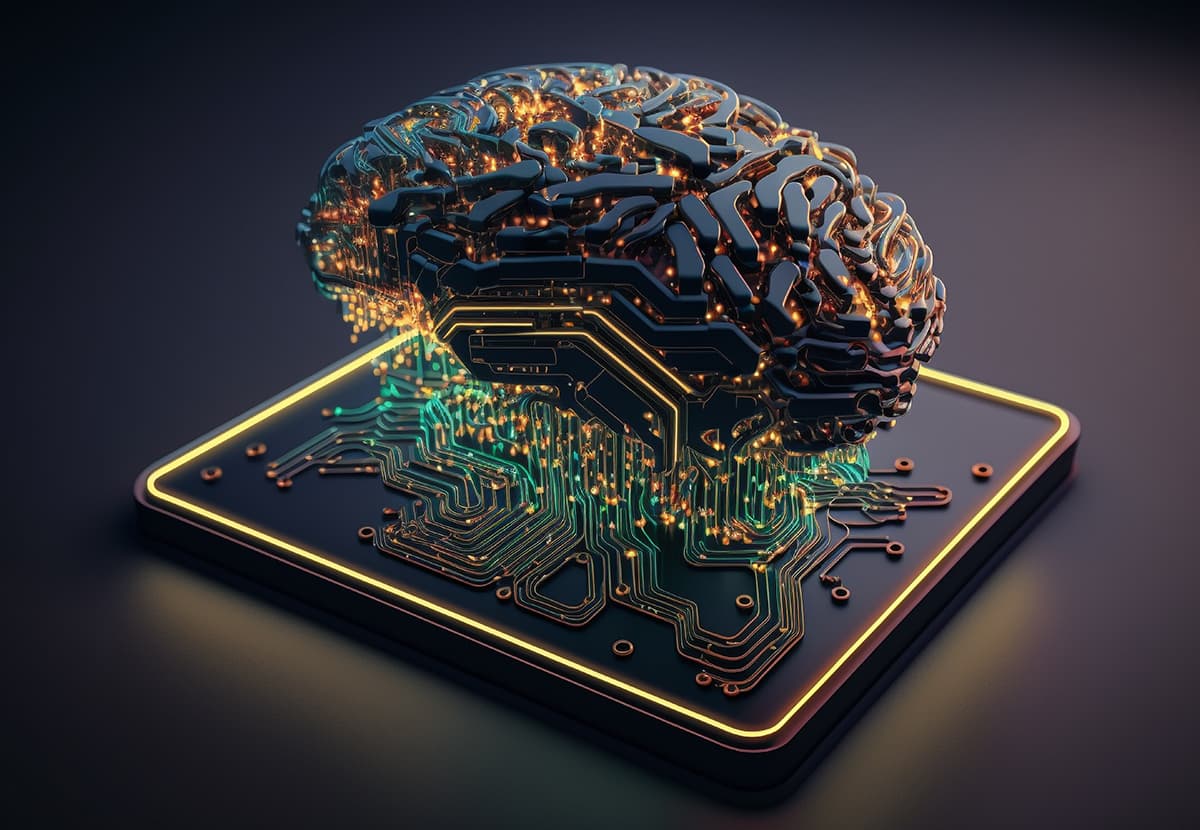














We will verify and publish your comment soon.